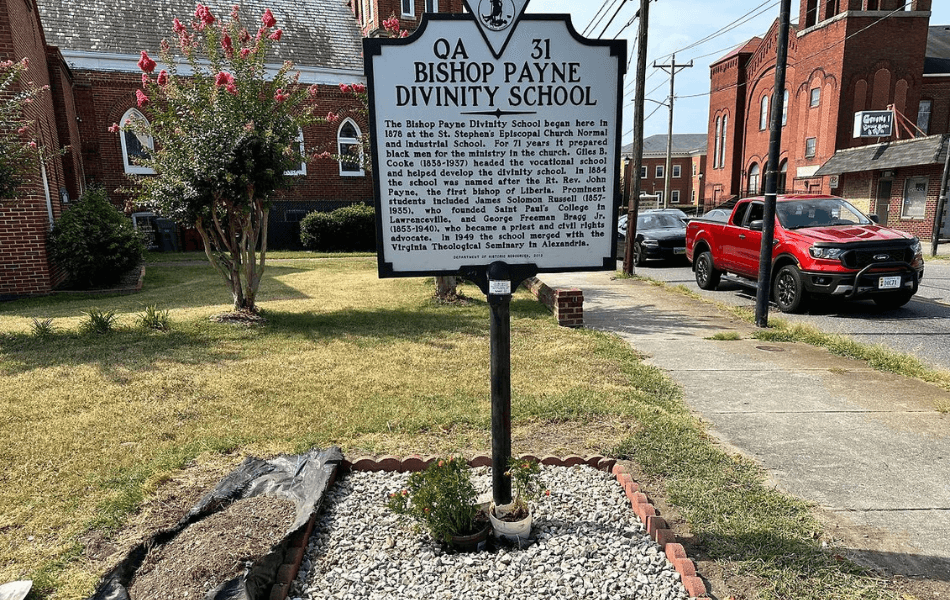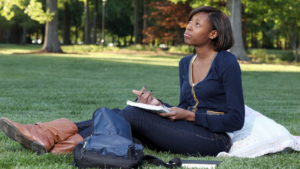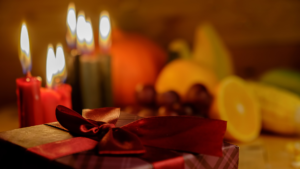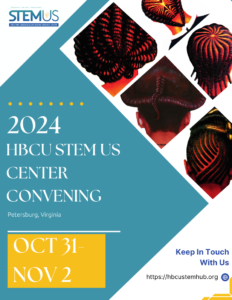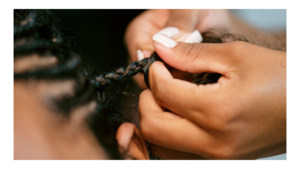I wanted to begin the semester on a ceremonial note and so I worked very hard to complete the weeding and clearing under the sign outside of my church, St. Stephen’s Episcopal in Petersburg, VA before the first week of class. For those of you who have been following my healing journey, you will know that the recent Supreme Court ruling dismantling Affirmative Action bothered me in a deep way. My pondering of what the decision may mean for minoritized students led me to explore the work of the formerly enslaved, Hampton Institute educated, Episcopal priest, Father James Solomon Russell who founded St. Paul’s College in 1888. I felt closer to Father Russell as I weeded under the sign marking the site of the segregated seminary where he was trained.
It has taken several months to remove and clean the decorative stone, dig up the disintegrated weed barrier, pull out the weeds and reset the boundaries. In the meantime I read Father Russell’s autobiography and had tea with a direct descendent of the Confederate major who was Father Russell’s mentor, Giles Buckner Cooke. Finally last weekend, I visited the campus of St. Paul’s College. It was a profound experience and enabled me to return to my own campus determined to do something different. One thing I learned to do while pulling weeds this summer is to pray while I work.
It’s not that I didn’t pray before. The start of the school year is always a call to prayer and this one was especially trying. A beloved Mathematics faculty member died suddenly and in a separate incident, a second-semester freshman was killed in an off-campus shooting. With the largest incoming class in VSU’s history, I had to walk around the building to find a classroom for my class. On the home front, my 87-year-old mother fell in the kitchen and hit her head. So you may understand why at our opening department meeting, I warned my colleagues that I was giving myself permission to bring prayer to my job as a professor in the Psychology department.

My realization while working in the dirt this summer was that if I was going to exist as a whole person in this country and on my job, then I needed to bring my entire self to the task. Actually, that is what is being asked of me at Virginia State University. At the opening conference, the entire faculty and staff heard about how stressed our students are. We were encouraged to teach them with care and compassion. In essence, we were being asked to love them. If I am being asked to love them, then I am also being asked to love myself. In my faith tradition, the loving myself comes first and for me to do that; for me to learn to do that, I need to pray.
Prayer probably wasn’t seen as a radical act to Father Solomon. He lived in a much more viscerally racist and violent America. According to his autobiography, prayer and faith were his means of physical and psychological survival. I imagine that Father Solomon himself, served as a therapist for many of his students and parishioners. Yet, he undoubtedly drew strength from a source that allowed him to keep working and to keep believing no matter what was happening in the country. More importantly, Father Solomon truly believed that he was doing God’s work in educating African Americans. According to early documents, this belief in a kind of Divine mandate was also held by the Quaker philanthropist who financed the very first HBCU, now Cheney University. This faith-based inspiration was also voiced by the founders of Hampton, Howard, Fisk, Tuskegee, Spelman and Morehouse. Even today, there are designated places to pray at even state-supported HBCU’s like Morgan State, the Murphy Chapel or at Alabama A&M, the West Normal Hill Chapel.
My students are not used to starting a class with prayer, if my experience last week was any indication. However, they seemed to be appreciative. They confirmed that this is a stressful time for them and also for Black people in this country. The attack on Black history being taught in public school was part of the evidence cited. They didn’t mention Affirmative Action. It’s still too early to tell what kind of America will emerge now that colleges can’t consider the reduced educational opportunities that are defined by zip code because of historical practices and policies. I do have other concerns, like the large number of students still recovering from Covid related learning loss. Maybe in the aftermath of eroding voting rights and the growing use of a racially-biased AI, perhaps these conditions in the future America will inspire HBCU’s to take a look back at our roots and make prayer the priority that it once was.
On the quiet Sunday afternoon that I visited St. Paul’s College campus I noticed that all but one of the buildings were being overtaken by nature. The grass is knee high and Virginia creeper is inching up the walls. There are a couple of signs of vandalism but most of the curtains and blinds are still up. The campus doesn’t feel desolate even though the doors have been closed since 2017. It feels instead like the inhabitants have gone on a long trip and could still return at any time. In fact, one of the three abandoned campus trucks in the parking lot had a Bible on the dashboard that the driver forgot to grab. However, the only structure that looks like it has been visited recently is the chapel.


Around that historic site the lawn is cut. There are no weeds. So, it was there, on the marker by the chapel where I placed three stones from beneath the sign at St. Stephens. This is my small tribute to Father Solomon, my token of gratitude. I also left something else. Something more substantial. I made a vow.
I self-authorized my whole self to show up at my job. I declared that my spirit, my soul and my heart’s intuition will join my body and intellect in the classroom. I released the fear of being caught while being my truest and highest and most authentic self. I promised to act in a Self-unified way no matter what is going on in this country. I then thanked Father James Solomon Russell for being my example and for being my guide these last few months….starting with helping me to notice that the sign I had passed for several years, needed to be weeded.

